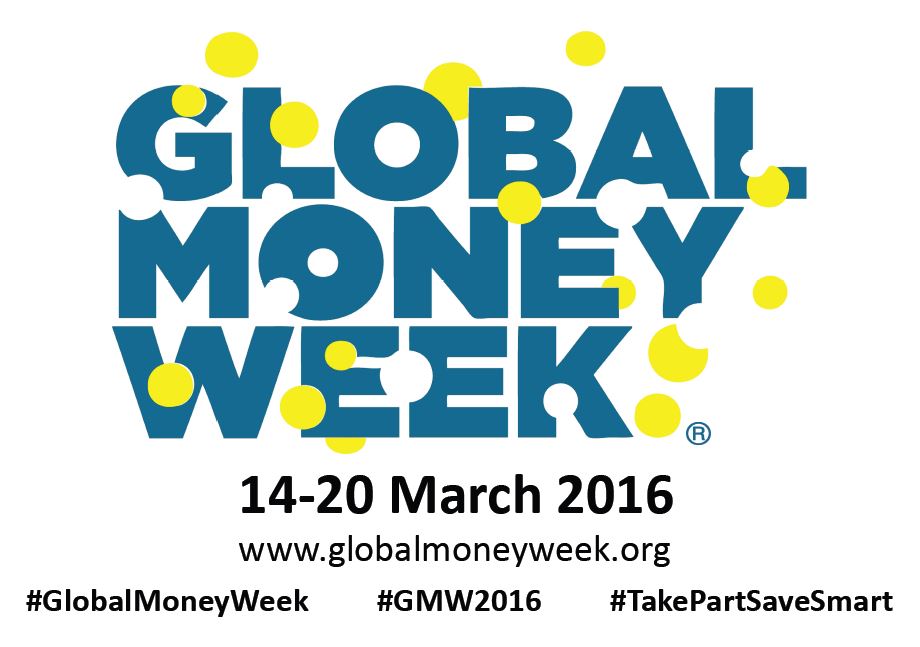The Coordinating Body of the Regulatory Authorities for Financial Education in the Republic of Macedonia, consisting of representatives of the National Bank, the Ministry of Finance, the Securities and Exchange Commission, the Insurance Supervision Agency and the Agency for Supervision of Fully Funded Pension Insurance, also this year, for the third consecutive year, marks the "Global Money Week" from 14 to 20 March 2016.

The Coordinating Body of the Regulatory Authorities for Financial Education in the Republic of Macedonia, consisting of representatives of the National Bank, the Ministry of Finance, the Securities and Exchange Commission, the Insurance Supervision Agency and the Agency for Supervision of Fully Funded Pension Insurance, also this year, for the third consecutive year, marks the "Global Money Week" from 14 to 20 March 2016.
The Global Money Week is being held worldwide starting from 2012, within which over 3000 activities are held, involving more than 5.6 million children and young people in more than 124 countries and where operate 962 organizations and institutions. This global initiative raises awareness among young people through learning about how money works, including savings, employment and entrepreneurship. Every year, young people discuss, read and learn about the economic and financial systems through various activities carried out by state institutions. The purpose of the International Organization for Financial Education of Children and Youth is to encourage young people to invest in their future, stressing the importance of early financial education, which will help them become aware of their financial rights, facilitate access to financial services and develop their financial skills. The theme for this year's Global Money Week is "Take Part, Save Smart", and it is intended to teach young people to save for their future.
The National Bank, together with the other institutions whose representatives make up the Coordinating Body, will give lectures to primary and secondary school students in Macedonia, through which they will be closely introduced to money, its meaning, exchange, history, production, then saving, inflation, monetary policy and so on.